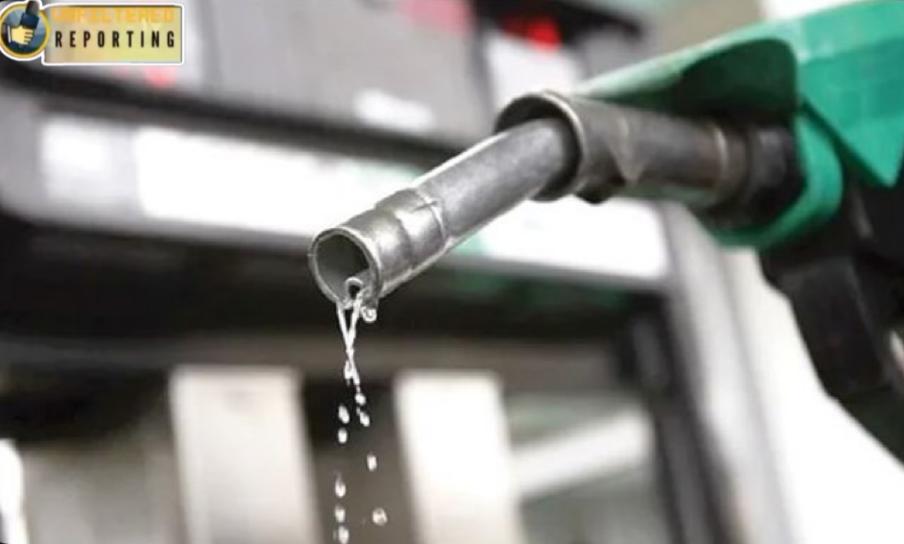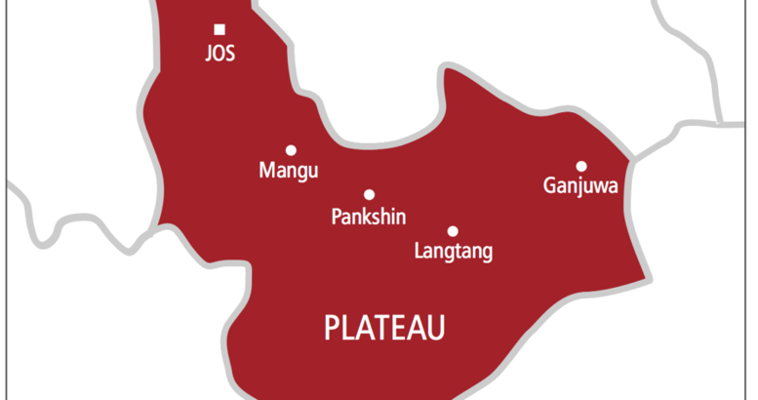The Depot and Petroleum Products Marketers Association of Nigeria (DAPPMAN) has expressed displeasure over the Dangote Petroleum Refinery’s decision to slash petrol prices, warning that the move could unsettle Nigeria’s downstream oil market and create serious challenges for fuel distribution. Dangote Refinery had earlier announced a reduction of its ex-depot (gantry) price to ₦820 per litre, with retail pump prices expected to drop to about ₦841 per litre in Lagos and the South-West, and around ₦851 per litre in Abuja and other parts of the country. The refinery also disclosed that it will begin direct supply of petrol to filling stations from Monday, September 15, 2025, while gradually expanding deliveries to other regions. The announcement was greeted with excitement by many Nigerians who see it as long-awaited relief from rising petrol prices. However, DAPPMAN cautioned that such a sudden price adjustment, without full consultation with key stakeholders, could destabilise the fuel supply chain. According to the association, its members currently manage over 68 percent of fuel storage and distribution infrastructure nationwide, a critical role that cannot be overlooked in any restructuring of the market. DAPPMAN argued that the new pricing approach might disrupt existing logistics and commercial arrangements, which have been built over the years to sustain nationwide supply. The association warned that if the distribution process is not well-coordinated, the country could experience temporary shortages, especially in states that rely heavily on private depots for product access. While raising concerns, independent marketers under the Independent Petroleum Marketers Association of Nigeria (IPMAN) welcomed the price cut, describing it as a positive development for consumers. They, however, urged Dangote Refinery to work closely with all stakeholders to ensure that the reduced price is sustained and that product availability is not compromised. Industry experts have also weighed in, noting that the refinery’s direct-to-station supply model could eliminate middlemen, reduce costs, and increase competition in the long term. However, they pointed out that the transition must be carefully managed to avoid shocks that could lead to scarcity or regional price variations. The Nigerian Midstream and Downstream Petroleum Regulatory Authority (NMDPRA) is expected to step in to coordinate discussions among Dangote Refinery, DAPPMAN, IPMAN, and other stakeholders to ensure a smooth rollout. For now, Dangote Group maintains that the price cut is a consumer-driven decision aimed at delivering cheaper petrol, boosting efficiency, and reducing reliance on imports. But with DAPPMAN raising alarms over possible market disruptions, all eyes are on how regulators and stakeholders will navigate the situation in the coming weeks.










